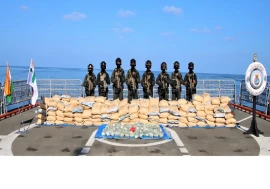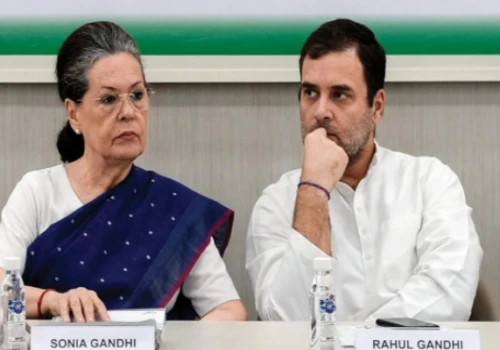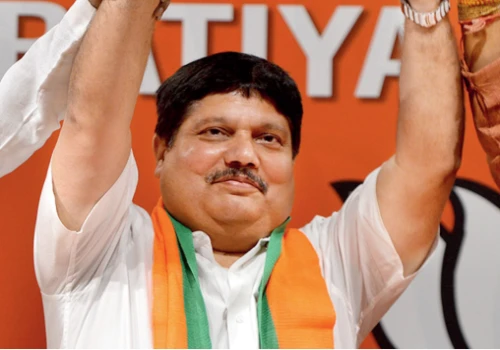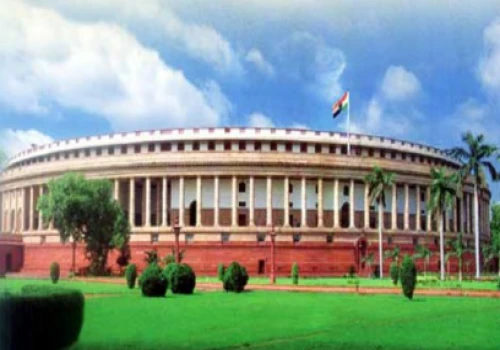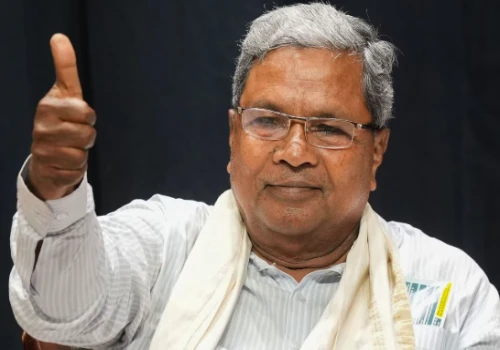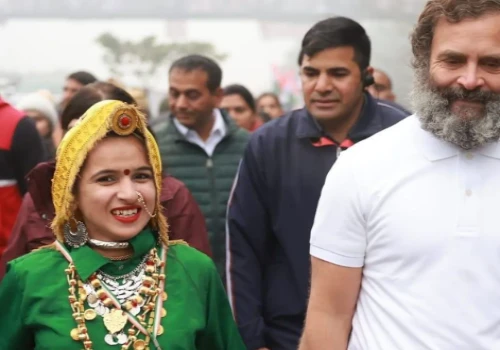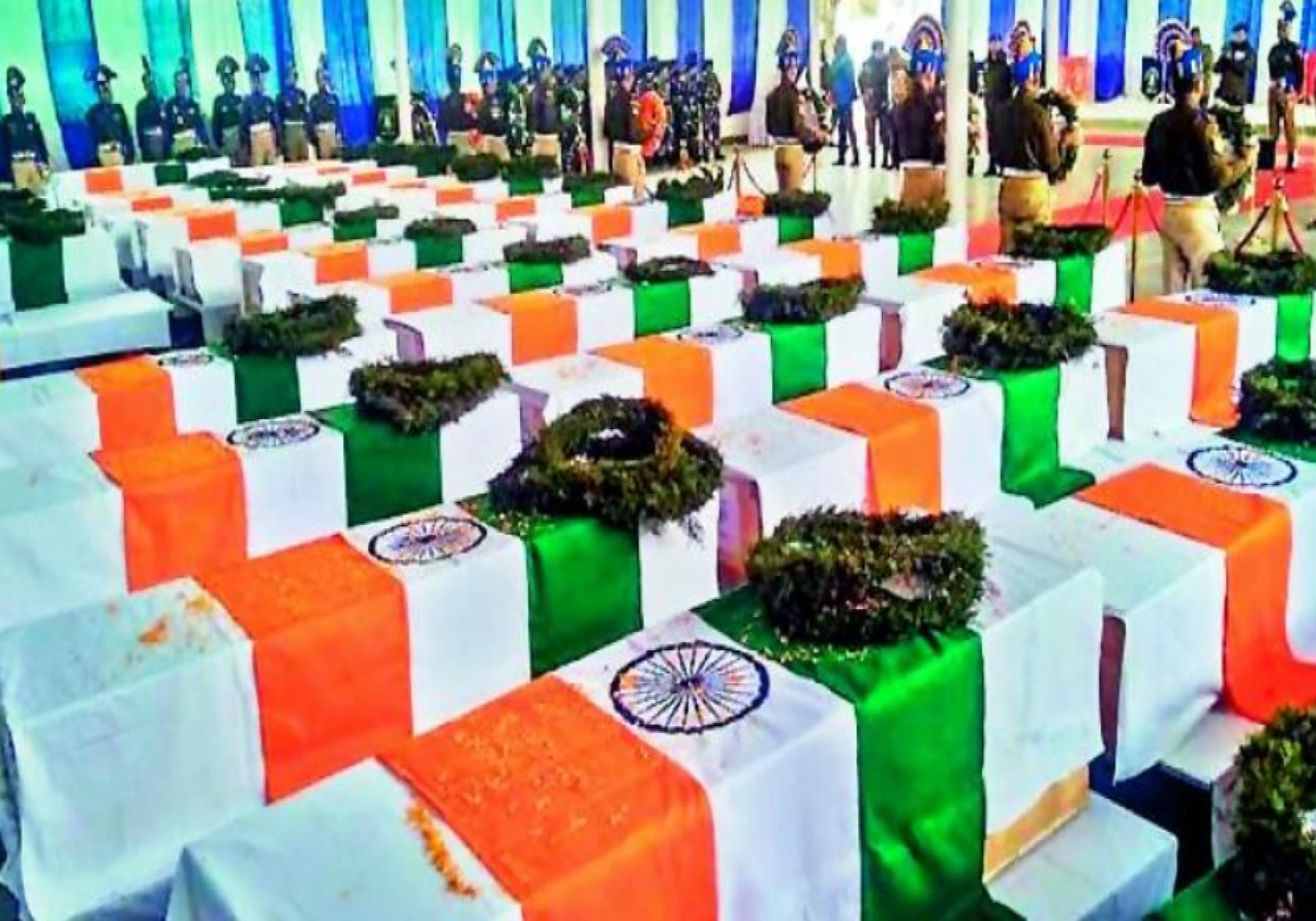
New Delhi: In a solemn observance, India marked 14th February as a Black Day, recalling a tragic incident that strained relations between India and Pakistan. The day holds significance due to the Pulwama terror attack in 2019, which resulted in the loss of 40 Indian paramilitary personnel.
On that fateful day, a suicide bomber targeted a convoy of Indian paramilitary forces in the Pulwama district of Jammu and Kashmir. The attack, orchestrated by the Pakistan-based militant group Jaish-e-Mohammed, led to heightened tensions between the two nuclear-armed neighbors.
In response to the Pulwama attack, India conducted a preemptive airstrike on terrorist training camps in Balakot, Pakistan, on February 26, 2019. This marked a significant escalation in hostilities, with India asserting its right to defend itself against terrorism emanating from across the border.
During the aerial engagement that ensued, an Indian MiG-21 aircraft piloted by Wing Commander Abhinandan Vardhman crossed into Pakistani airspace and was shot down. The capture of the Indian pilot escalated the already tense situation between the two nations.
Amid international pressure and diplomatic efforts, Pakistan released Wing Commander Abhinandan Vardhman on March 1, 2019, as a gesture of goodwill. The pilot's return was seen as a crucial step in de-escalating the crisis, preventing further military escalation in the region.
India, while remembering the sacrifice of the Pulwama attack victims, maintains a firm stance on its diplomatic relations with Pakistan. The Indian government has asserted that it will not resume diplomatic ties with Pakistan unless there is a resolution to the longstanding issue of Pakistan's illegal occupation of Pakistan-occupied Kashmir (PoK). The events surrounding 14th February serve as a poignant backdrop to India's unwavering commitment to addressing the root causes of regional tensions and promoting a lasting peace in the subcontinent.

